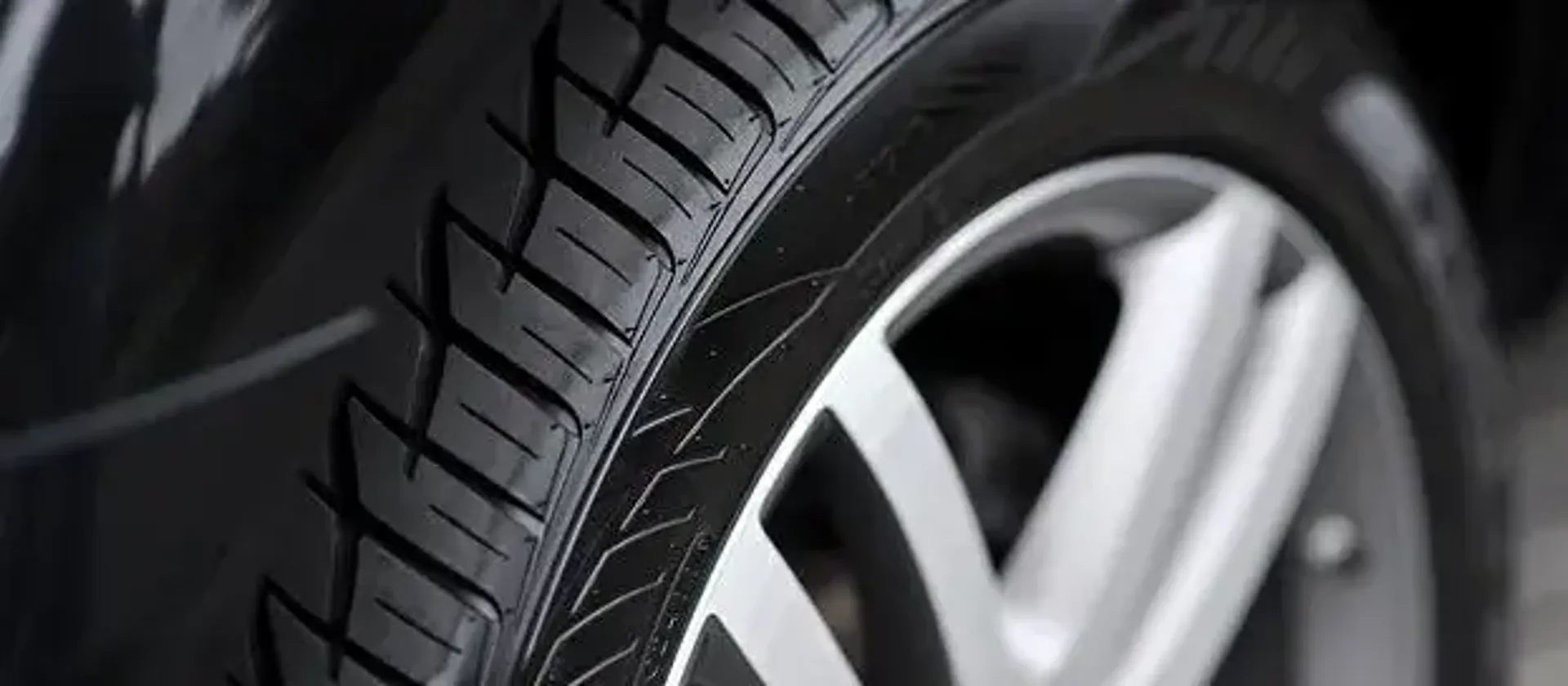
25/10/2017
How much difference does tyre tread really make? And can your fleet’s tyres make a difference to your insurance premiums as well?
Tyres. A little difference can make all the difference.
It’s no accident we’re focusing on tyres this month. According to industry body TyreSafe, nearly a thousand car accidents a year in the UK are caused by illegal, defective or under-inflated tyres. Accidents that can have deadly consequences.
So let’s talk about tread. What exactly is the law? Simple - the minimum tread depth is 1.6mm. Anything less is illegal and presents a risk to the driver and other road users.
Research has shown that when braking at a speed of 50mph on a wet surface, a vehicle with tyres on the legal tread depth limit of 1.6mm takes on average 39.5 metres to come to a complete stop. With 0.8mm of tread, this increases to 53.1 metres – a full 13.6 metres more.
It doesn’t sound a lot but these 13.6 metres could easily be the difference between a narrow miss and a bad accident. Or life and death. It’s about as serious as you can get.
Drivers will also face three penalty points and a fine of up to £2,500 per tyre for driving on tyres below the legal limit.
And there’s more. Not having the right tyres can have a major effect on your car insurance policy as well as bumping up your premiums.
Invalidating your insurance
Read your insurance policy. Your vehicle needs to be in ‘road-worthy’ condition at the time of the accident in order to be eligible for insurance cover. ‘Road worthy’ includes the tyres of your vehicle, otherwise your vehicle could be regarded as compromised and any claim refused.
Your car tyres may be deemed as making your car ‘non-road worthy’ under the following conditions.
1. Wrong Fit Replacement Tyres
When you change your tyres, it’s best to stick to the original size specifications recommended by the manufacturer. And if you want to err on the safe side, you should probably choose the same brand. Any change may affect your vehicle’s handling and braking ability
a. Size
Plus sizing your tyres without informing your insurer may invalidate your insurance. So make sure you let your insurer know – it may bump up your premium but at least everything will be above board.
b. Speed Rating
Do not fit tyres with a lower speed rating than your originals as you’ll run into a whole host of problems. In particular, your insurance company may refuse your claim, arguing that the car was not road worthy and had been ‘modified’
c. Load Rating
Fitting tyres with reduced load rating can result in overloaded/underinflated tyres. This increases quicker tyre wear and the chances of an accident. Once again, your car will be deemed not road worthy.
2. Illegal Tyres
These are tyres that are defective and damaged with visible lumps, bulges or tears. Their tread depth limit may be less than the aforementioned 1.6mm around the central 3/4th portion of the tyre.
Illegal tyres may incur a fine and penalty points. You could be prosecuted and your car insurance invalidated.
Bumping up insurance premiums
Obviously, driving with unfit/bald tyres is dangerous. It can put you and other motorists at risk. And should you be involved in an accident, your car insurance premium will automatically increase as you are considered an ‘unsafe driver’.
Moreover, any insurance claim as a result of an accident could be invalidated, so potentially your insurer won't pay out any money for repairs needed to your vehicle.
Driving with dangerous or defective tyres risks a fine of up to £2,500 and three points. This is per tyre, so four illegal tyres could mean a fine of £10,000 and 12 penalty points.
Tell us about your experiences with tyres. Join in the discussion on LinkedIn and Twitter.


